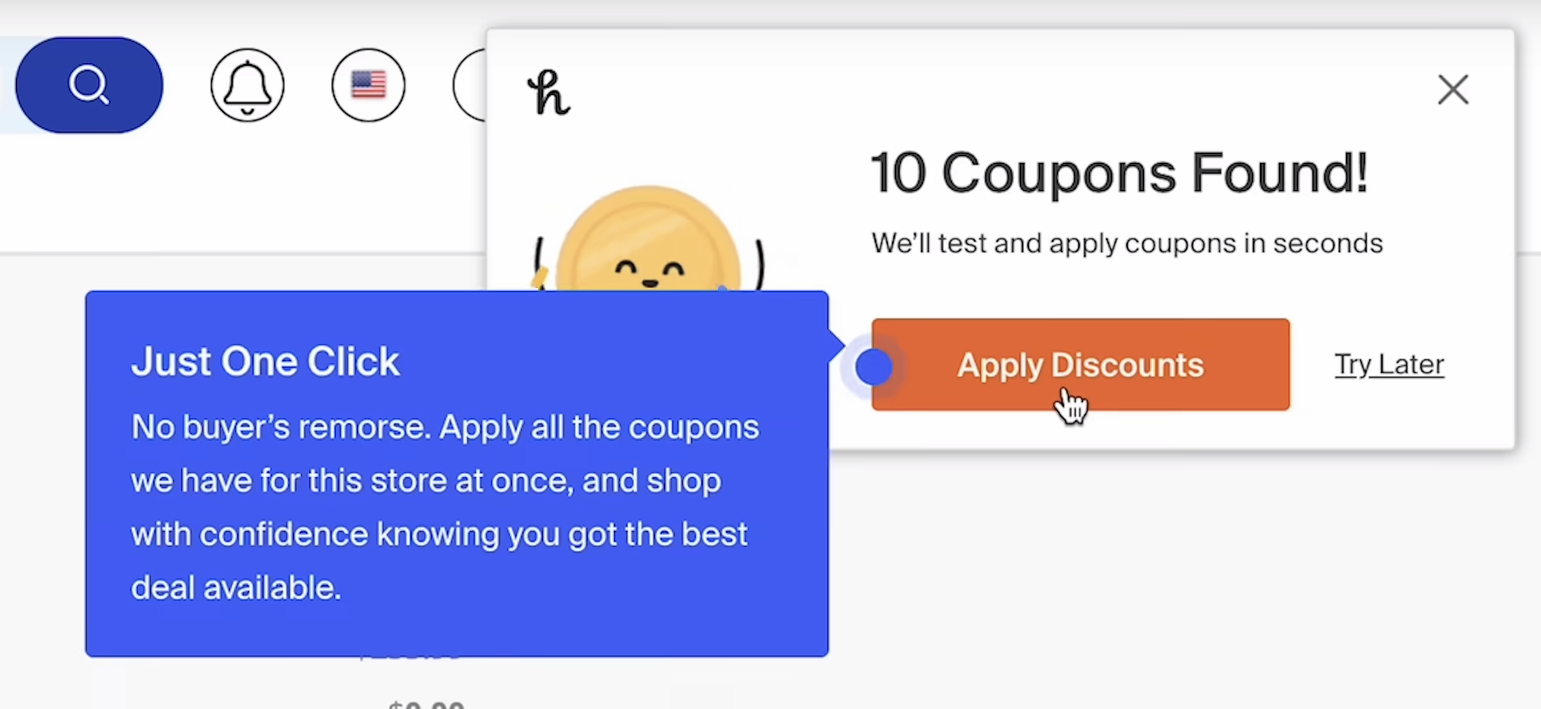
The Honey extension was frequently promoted by numerous YouTubers, including Linus Tech Tips, MrBeast, and many others, as it was claimed to help users obtain coupons and save a few dollars while shopping on various marketplaces.

However, what began as a beneficial coupon tool quickly turned into a scandal when creators discovered that Honey allegedly hijacked their affiliate commissions.
Also Read: Older Firefox Versions Will Lose Add-ons and Other Features – Why?
Yes, you heard it right! This case gained significant attention because the commissions that should have gone to content creators were instead stolen by the Honey extension.
If users installed Honey on their browsers and purchased a product through a creator’s affiliate link, the commission was redirected to Honey via the extension instead of going to the creator. Essentially, the influencers promoting this extension were caught in a trap, as they ended up promoting a tool that harmed their own earnings.
For a detailed explanation, check out this YouTube video:
Following the controversy, Google has updated its policies for Chrome extensions, making it clear that sneaky affiliate link injections will not be tolerated. One major change requires that any affiliate program be clearly described in the Chrome Web Store product page interface before installation.
In other words, if an extension adds affiliate links, it must provide something in return, such as discounts, cashback, or donations. Simply injecting links without user interaction or benefit is now explicitly prohibited. Here are some of the prohibited actions:
Imagine how furious the creators who were deceived by this extension must be. What’s your take on this? Share your thoughts in the comments below. Have you ever seen creators promoting this extension? Let us know in the comments.
Via: Google, Neowin






